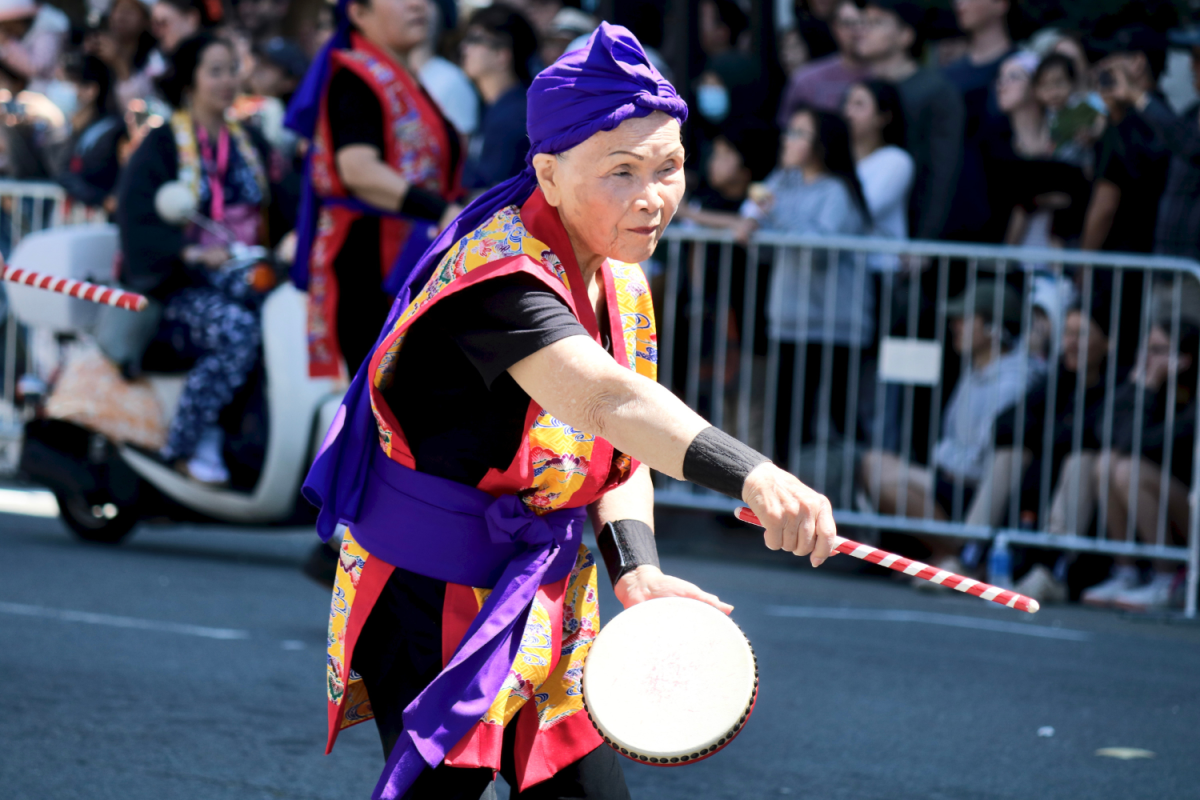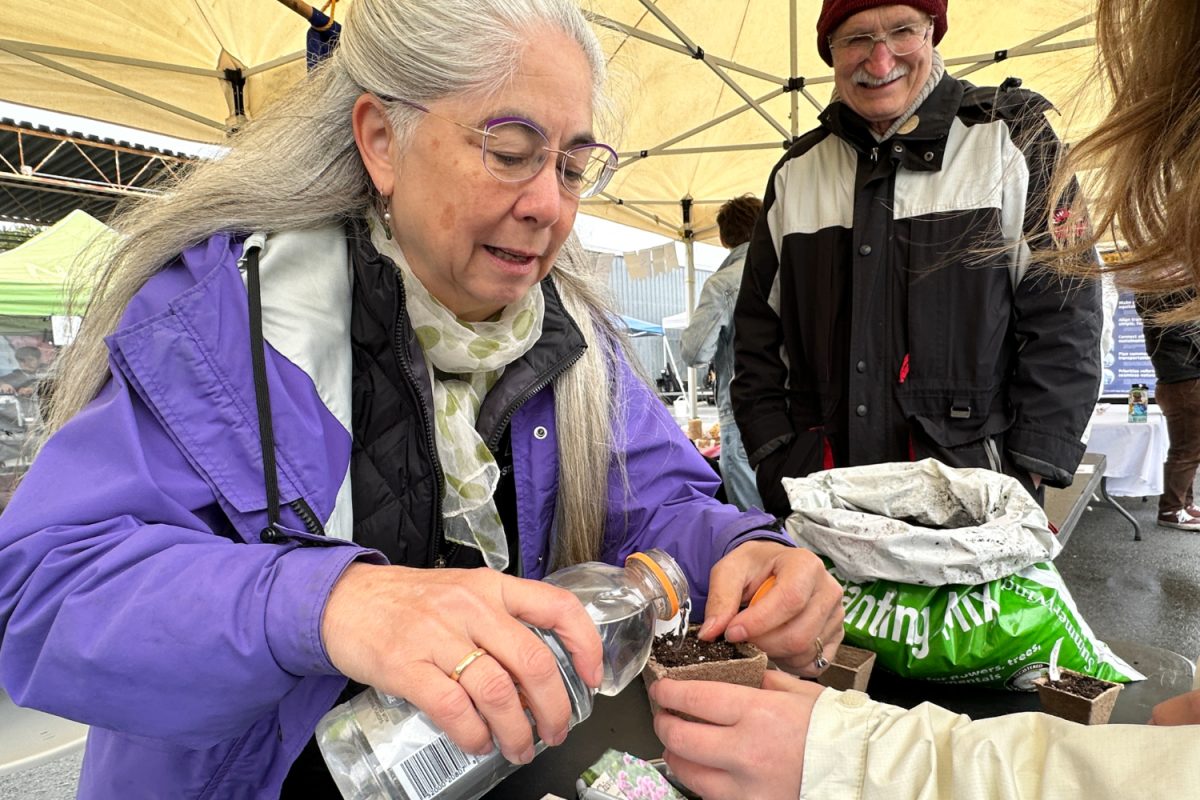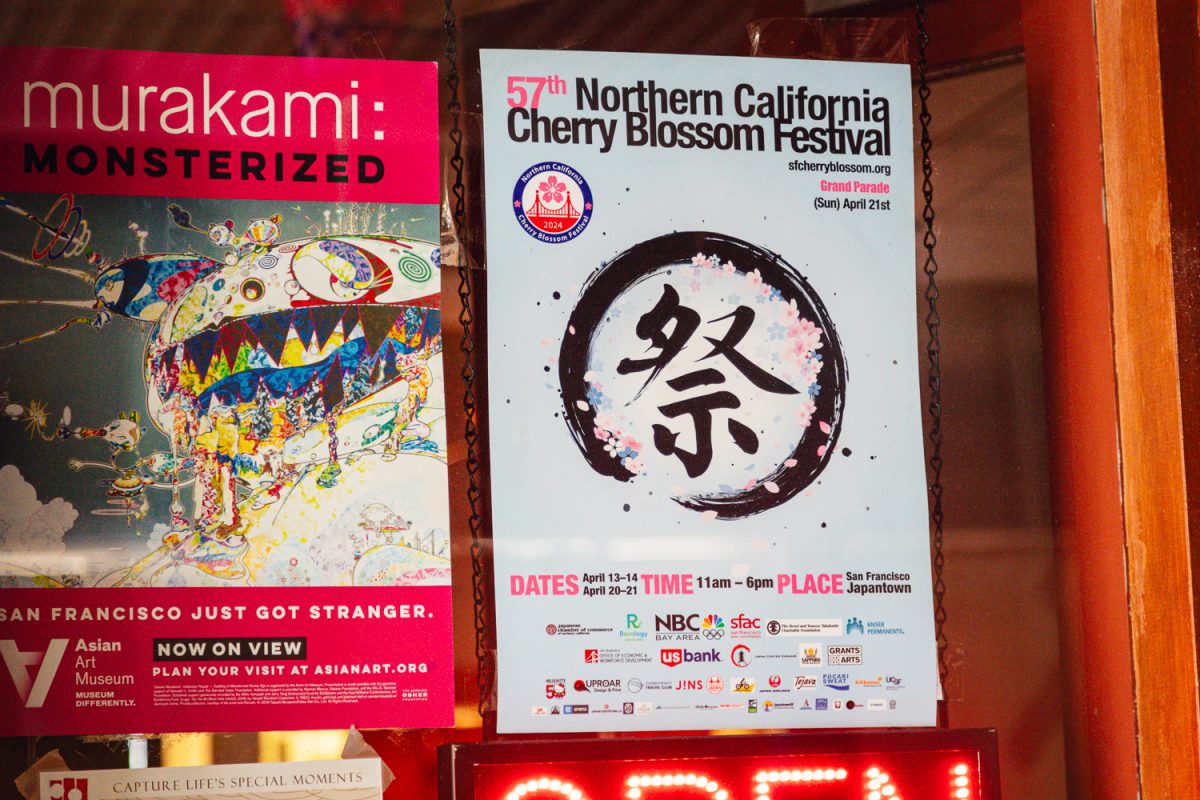Deep in the southern areas of the United States, college sorority life keeps old stereotypes alive. Beneath the elaborate outfits and smiling blondes, sororities have a deep history of racial and inclusivity issues. Many high school students are picking the colleges that they would like to attend, and Greek life can have a large impact on the social life at many of these prospective schools.
“I’ve seen television shows about sororities and have heard people talking about them since middle school and have been intrigued about them ever since,” said Carlmont senior Megan Lo.
While the ideals of sisterhood, networking, and philanthropy are shown outwardly from these groups, the majority of sorority life is hidden behind the closed doors of plantation-style mansions.
According to Time, while there are many different stories about how sororities began, though founded in 1851, Alpha Delta Phi, claims to be the first. Naming this organization a sorority, the title encapsulated the original mission of sisterhood, as the word sorority is derived from the Latin root soror, or sister. However, as more sororities commenced and an increasing number of students joined, these organizations became an essential part of an exclusive culture within the South.
These organizations seem to be a secretive area of American life. Many Greek organizations have not released their constitutions to the public, leaving outsiders in the dark on what exactly happens in these groups.
One aspect of sorority life that is typically left disregarded to the public is an extensive history of racial exclusion. In 2013, the University of Alabama’s student newspaper, The Crimson White, published an article detailing how a black woman who seemed like the perfect applicant was denied a bid, or acceptance, to a historically white sorority.
Current sorority members told the paper that her lack of admission to the sorority was simply because of her race, despite receiving high scores during the rush process. It was quickly revealed that people were being denied bids due to race because alumni were threatening to take away their donations if people of color were included. Following the negative press that this event received, the university officially desegregated all sororities.
“Organizations founded on being exclusionary can never be inclusive,” said Cedoni Francis, a former Kappa Kappa Gamma at Vanderbilt University.
The first Black woman was admitted to an Alabama sorority in 2003, greatly contrasting with the fact that the organizations came to the school in 1904. Nonetheless, the University of Alabama is not the only school that has struggled with racism in the past. The trends and stereotypes associated with sororities seem to follow around the South, reinforcing racial barriers.
“The stereotypes that surround girls that join sororities can promote a sense of racism, and that chapters are trying to find girls just like who currently are a part of the sorority may feed more into that,” said Liberty Bassett, a senior Phi Mu member at William and Mary University in Virginia.
While the matter of race is very prevalent in Greek life, potential members are also confronted with a growing issue of classism due to the immense cost of these clubs. With Greek life being a large part of the student experience at many schools, the pressure to join begins to grow.
According to Niche, when interviewed, 61% of Florida State students said that Greek life is “pretty big” on campus, thus ingraining it into the school social scene. Many other southern schools had similar survey outcomes on Niche, suggesting that it is necessary at some institutions to be involved in order to maintain a social life.
Made with Visme Infographic Maker
“You think it is just a school club, I wasn’t expecting such a burden every month,” a former Georgia State Alpha Xi Delta pledge told The New York Times in 2014 about paying sorority dues.
Money disparities have been shown to create problems in sororities due to the immense cost of membership. According to the University of Alabama’s Panhellenic website, registering to rush alone cost $350 in 2021. However, this is only the beginning of the steep prices required to be in panhellenic life. The average new member’s first semester fees are $4,221.52, adding up to almost half the amount it costs for an in-state student to attend the school.
“No one also takes into account the amount that the social aspect of Greek life costs; from formals to trips, it adds up,” Francis said.
While there are many unfavorable aspects of sorority life, many believe that the positives take precedent. Greek life does provide immediate social connections on campus, with events that students are mandated to be involved in. Sororities support philanthropies as well by putting on events to raise money and volunteering with different nonprofits.
In addition to the social aspect, sorority life creates opportunities for furthering one’s career. With extensive alumni networks, sororities assist people in their professional lives after the undergraduate experience. Also, the skills and commitment practiced through participation in one of these organizations benefit women in building resumes.
“Some of the most important benefits of being in a sorority is the support network it builds, the campus involvement it allows you to partake in, the experiences it opens doors to that you might not have seen otherwise, and the memories you make,” Basset said.
While stereotypes and former sorority decisions seem to shape the modern system, certain chapters are making great strides towards inclusion.
“I wasn’t what the stereotypes made sororities out to be. And then I met sisters from my particular chapter and just connected with them. They were so encouraging and supportive despite our different backgrounds or interests that it made me reconsider my previous thoughts and follow through with the recruitment process,” Bassett said.
























